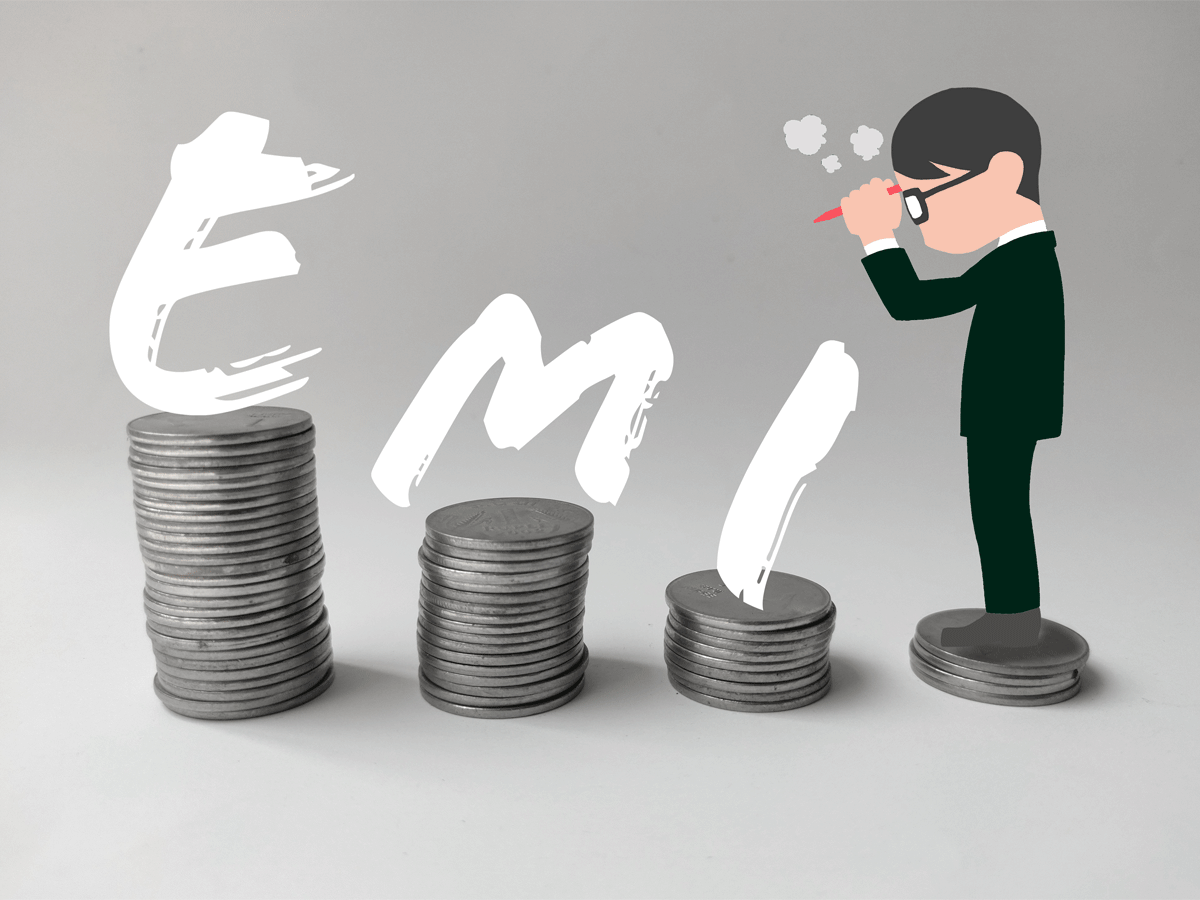- RBI raised interest rates for the second consecutive month to 4.9% to combat soaring inflation.
- The
real estate sector which was experiencing a good recovery in sales due to the low cost of financing, could be impacted by the rise in RBI rates. - Rising interest rates will slow customer demand for
home loans go forward.
The 50 basis point interest rate hike by India’s central bank was highly anticipated. So much so that a few banks started raising their mortgage rates before that.
“Just last night I received a message from Axis Bank that they were increasing the interest rate on my home loan to 7.1%. Today, after the RBI repo rate hike again, I guess it will rise to 7.6%. It was planned, but it’s still hard to figure out,” said Karuna Sharma, a Mumbai resident who took out a 6.7% home loan last year.
It’s not just those paying the EMI, but property developers are also worried about the scale of the rate hike – which will affect the economy of
“A hike was inevitable, but now we are entering the red zone. Any future increases will have a strong impact on home sales. The rate hike will push up interest rates on home loans, which had already started to climb after the surprise monetary policy announcement last month,” said Anuj Puri, president of Anarock Property Consultants.
The segments that will be most affected will be the affordable and mid-market segments, according to the consultant. This will also affect volumes more broadly and also reverse the trend of robust property sales growth over the past two quarters. The number of residential launches has also increased, which is translating into increased sales, but that may soon fade away.
However, this rise in interest rates will shake buyer confidence.
“From a real estate perspective, this key rate hike is a headwind, as mortgage rates will go up, which will put a damper on buyer sentiment. Any increase in the interest rate will have a further impact on the costs of doing business,” said Ramani Sastri, president and CEO of Sterling Developers.
Home sales also rose as several large companies asked their employees to return to work – which suffered a temporary setback due to the start of the third wave of Covid-19, according to a report by Kotak Institutional Equities.
Now that Covid cases are also rising and interest rates are also high, the trend could take a turn for the worse.
The overall increase of around 1% in the cost of funds by the RBI over the past few months will impact the overall feasibility of major projects, infrastructure and long-gestating projects.
This development comes at a time when the real estate sector is facing its own commodity inflation. Since loans would now become more expensive, they would have limited room to raise prices.
“A rise in inflation may soften the stance on an otherwise robust real estate sector. Meanwhile, the government should also make concentrated efforts to curb soaring commodity prices such as cement, bricks, steel, etc. It will also relieve the sector,” said Suren Goyal, Partner at RPS Group.
SEE ALSO: India’s biggest lender appoints Alok Kumar Choudhary as new chief executive shortly after top brass reshuffle
Not SBI, ICICI or even HDFC – this bank has the most microATMs in India

